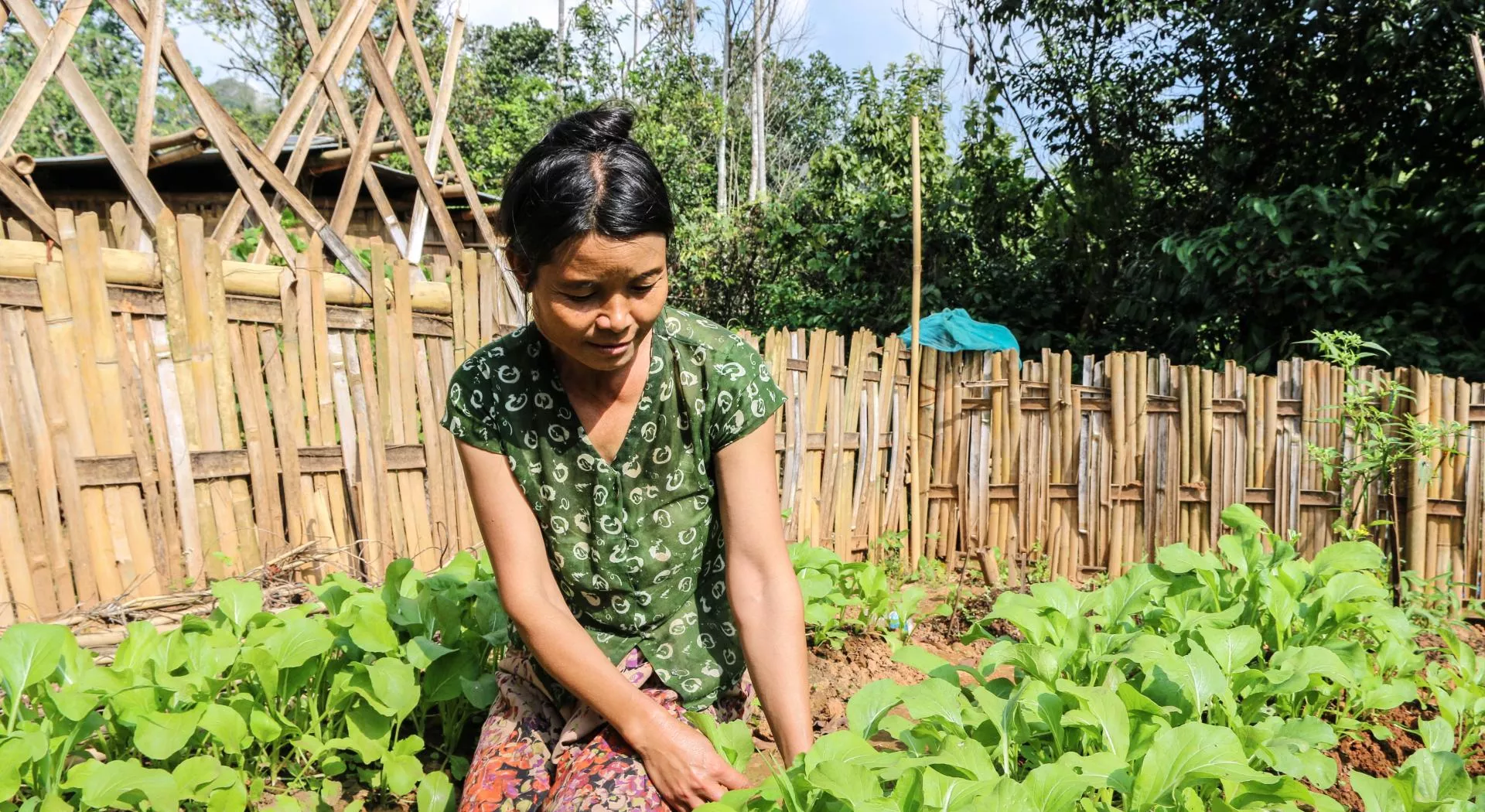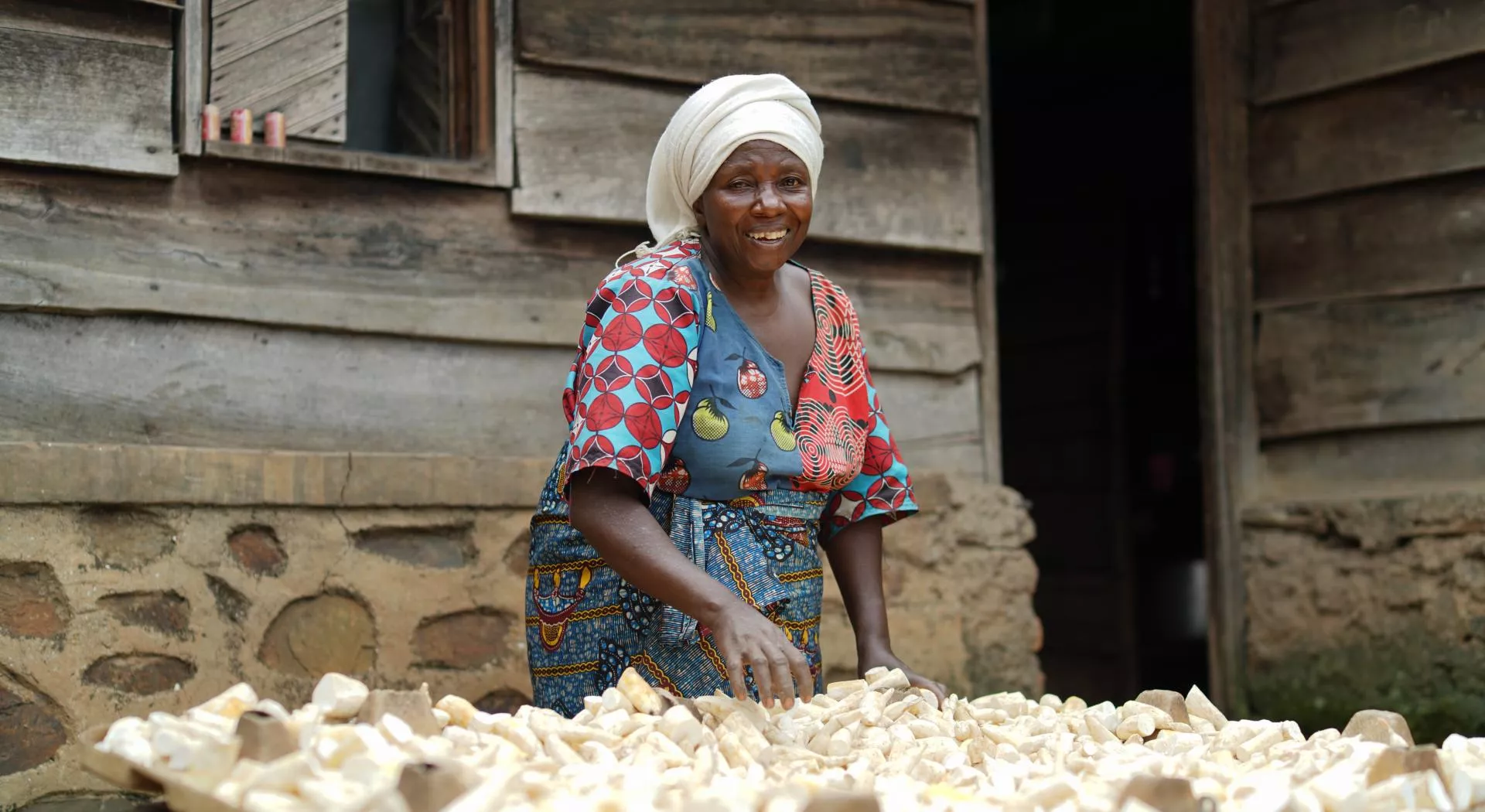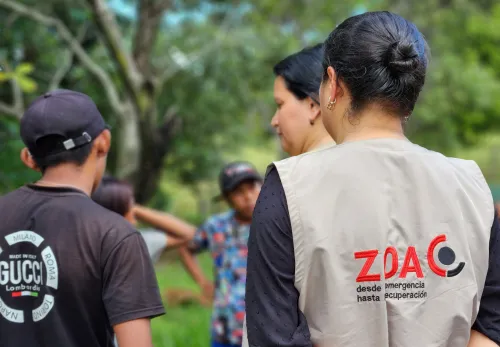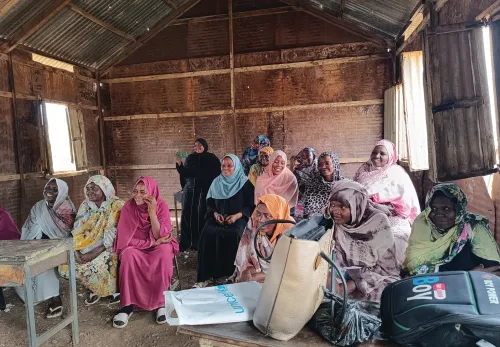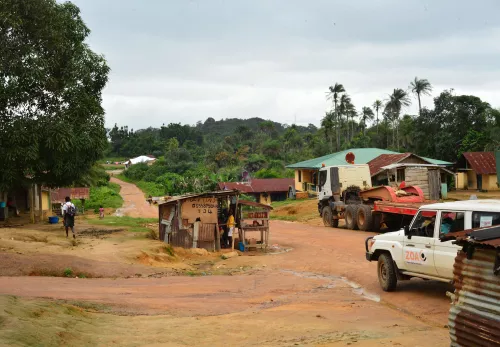Food security in crises
ZOA implements relief activities in case of humanitarian emergencies. Food assistance is provided to meet the immediate needs of the affected people. ZOA offers preferable cash or food vouchers (CVA) for people in need to spend directly on food items that best fit theirrequirements. In case of dysfunctional markets, which make CVA assistance impossible, food will be distributed based on recipients’ specific needs and preferences. The choice for the most appropriate approach in a specific context is based on an assessment of the actual humanitarian needs. The question is which resource transfer modality will deliver the necessary aid in the most relevant, effective, efficient, safe and rapid manner possible.

